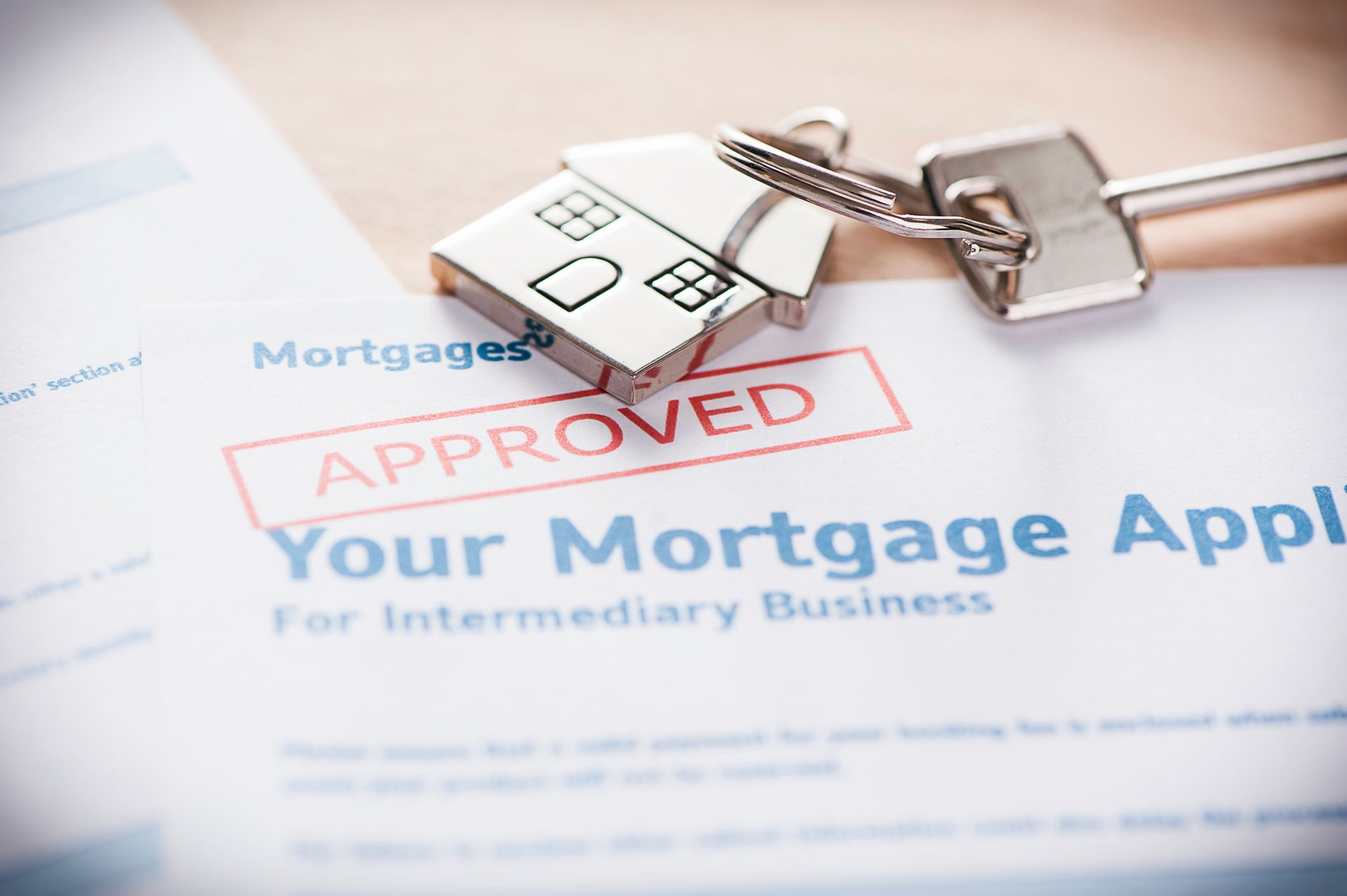
From fixed rates and closing costs to rate locks and down payments, there is a lot of jargon when it comes to mortgages. First-time homebuyers need not fret! We’ve got the 411 for you. Below is a list of terms curated specifically for those looking to understand more about mortgages.
Wait… what is a mortgage? Before we dive in, let’s make sure we’re in the right spot. A mortgage, as defined by the Consumer Financial Protection Bureau, is an agreement between you and a lender that allows you to borrow money to purchase or refinance a home and gives the lender the right to take your property if you fail to repay the money you've borrowed.
Adjustable-Rate Mortgage (ARMs) This is a loan with an interest rate that changes. ARMs are typically 30-year loans, meaning you’ll pay back the money you borrowed over 30 years. To avoid any crazy rate hikes, ARM loans come with “rate caps” which limit the amount your interest rate can rise or drop in a single period and over the lifetime of the loan.
There are many factors to consider when determining whether or not to obtain an ARM loan. From how much you want to spend up-front and the current state of the interest rate market to whether or not you’re getting close to retirement or if this is just a starter home.
Amortization
This is just a very fancy way of saying, “paying off a debt over time in equal installments.” Part of each payment goes toward the loan principal (see definition below), and part goes toward interest. With mortgage loan amortization, the amount going toward principal starts out small, and gradually grows larger each month.
Closing Costs
Closing costs include the multitude of fees for the services and expenses required to actually obtain and finalize a mortgage. Those costs may include loan origination fees, discount points, appraisal fees, title searches, title insurance, surveys, taxes, deed recording fees, and credit report charges. Average closing costs for a buyer run between about 2% and 5% of the loan amount.
Down Payment
A down payment on a house is a large sum of money the buyer pays upfront. The amount paid is usually a percentage of the purchase price and can range from as little as 3% to as much as 20% for a property.
The required down payment is usually determined by the type of mortgage you choose, your financial situation, and the type of property you’re buying. In terms of your mortgage, a larger down payment will typically mean smaller monthly mortgage payments.
Escrow
An escrow is a legal arrangement in which a third-party temporarily holds money or property until a particular condition has been met (such as the fulfillment of a purchase agreement). In terms of real estate, escrow can protect both the buyer and the seller throughout the home buying process. Throughout the term of the mortgage, an escrow account will hold funds for taxes and homeowner’s insurance.
Fixed-Rate Mortgage
A fixed-rate mortgage is an alternative to an adjustable-rate mortgage. As the name implies, a fixed rate is a home loan option with a specific interest rate for the entire term of the loan. Essentially, the interest rate on the mortgage will not change over the lifetime of the loan, and the borrower's interest and principal payments will remain the same each month. With this type of mortgage, fluctuations in the market will not have an impact on the rate.
Interest
Mortgage interest is the interest charged on a loan used to purchase a piece of property. The amount of interest owed is calculated as a percentage of the total amount of the mortgage issued by the lender. Mortgage interest compounds and may be either fixed or variable.
Loan Principal
This is the amount you borrow and goes down as you begin to pay it back, while interest is the cost of borrowing the money.
Rate Lock
A lock-in or rate lock on a mortgage loan means that your interest rate won’t change between the offer and closing, as long as you close within the specified time frame and there are no changes to your application. The downside to a rate lock may be that it’s expensive to extend if a transaction needs more time. A rate lock may also lock you out of a lower interest rate if rates fall after you get your loan offer.
When it comes to buying a home, the terminology can leave you spinning. We hope this guide has served as a solid starting point in your homebuying journey.